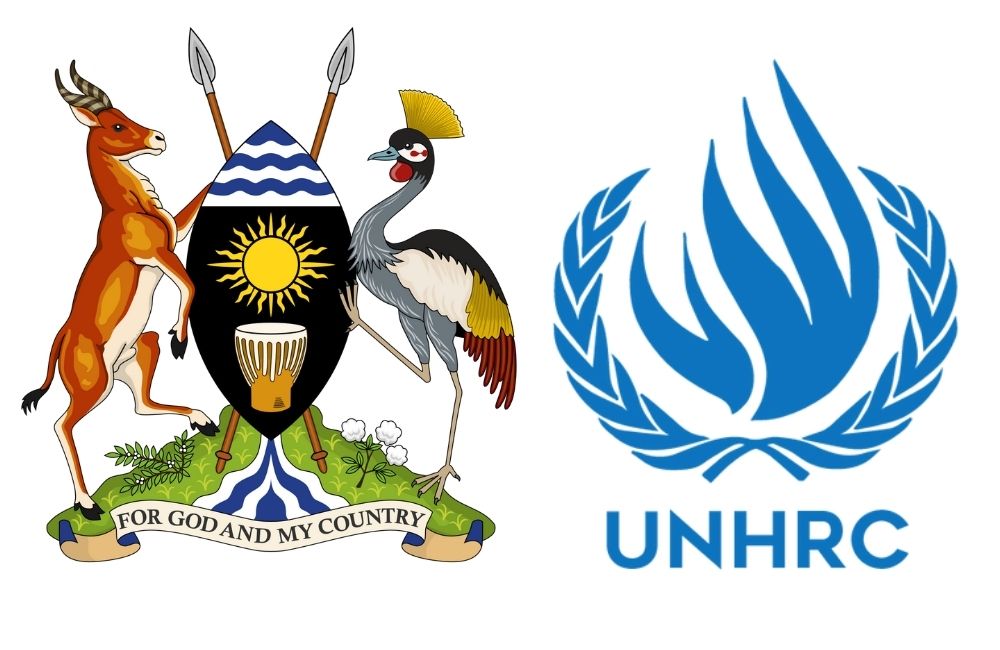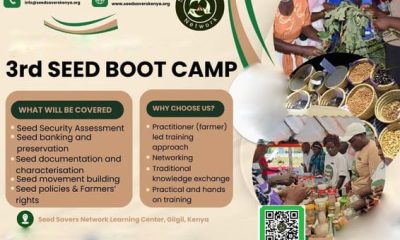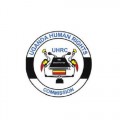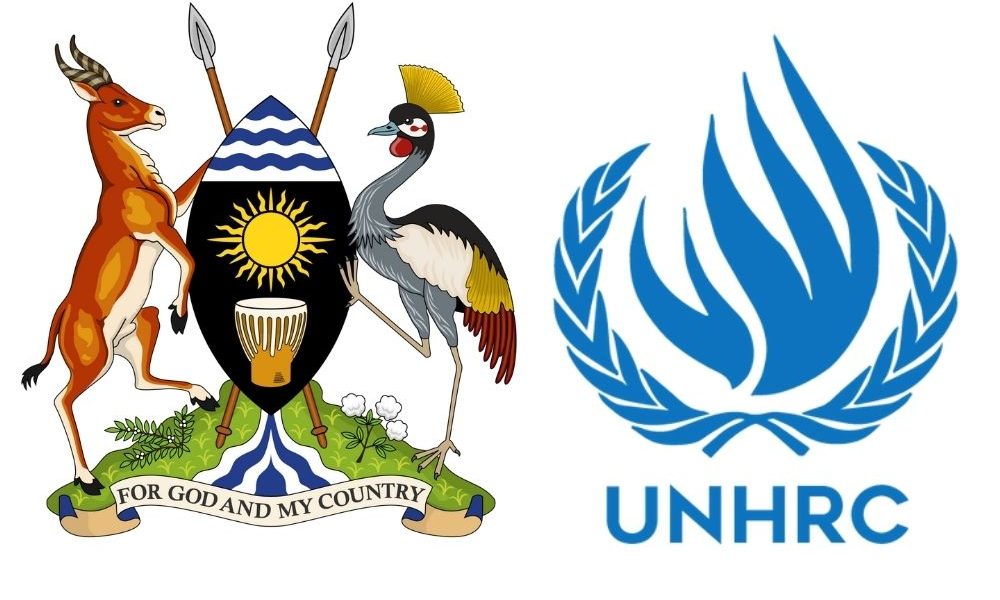By witnessradio.org Team
Kampala – Uganda – the Government of Uganda is yet to launch the first-ever National Action Plan (NAP) on business and human rights, Witness Radio – Uganda has learned.
Bernard Mujuni, the Commissioner of Equity and Rights at the Ministry of Gender Labor and Social Development, has confirmed that the NAP document was signed and approved by the cabinet.
In June 2011, the UN Human Rights Council established the United Nations Working Group on Business and Human Rights (UNWG) and tasked it with facilitating the global dissemination and implementation of the United Nations Guiding Principles (UNGPs). The framework provided by the UNGPs entails the duties of States and responsibilities of business enterprises in addressing adverse business-related human rights impacts.
As part of the state’s responsibility to disseminate and implement the Guiding Principles on Business and Human Rights based on this mandate, the UNWG strongly encouraged all states to develop, enact and update national action plans (NAPs) and has also developed a Guidance on National Action Plans on Business and Human Rights (GNAPs) which provides recommendations on the development, implementation, and update of NAPs.
In June 2014, the Human Rights Council passed a resolution calling upon states to develop NAPs. In 2016, the Government of Uganda acknowledged recommendations under the Universal Periodic Review (UPR) to develop a National Action Plan (NAP) on Business and Human Rights to implement the UN Guiding Principles (UNGP).
According to the United Nations Human Rights Council (UNHRC), the Universal Periodic Review (UPR) is a unique process that involves a review of the human rights records of all UN Member States. The UPR is a State-driven process, under the auspices of the Human Rights Council, which provides the opportunity for each State to declare what actions they have taken to improve the human rights situations in their countries and to fulfill their human rights obligations.
The UPR is often designed to ensure equal treatment for every country when their human rights situations are assessed. It is aimed at advancing the situation of human rights and human rights violations in all countries.
Uganda’s NAP was first drafted by the NAP Resource group, comprised of the Ministry of Gender Labor and Social Development (MGLSD), the Office of the President, the Ministry of Foreign Affairs, the Uganda Human Rights Council (UHRC), the Equal Opportunities Commission (EOC), the UN Global Compact Uganda chapter and CSOs (including the Initiative for Social and Economic Rights, the Uganda Consortium for Corporate Accountability and FIDA-Uganda) and OHCHR held consultations from different stakeholders on key issues arising from the business-related developments.
According to the Initiative for Social and Economic Rights, the major issues identified by the participants during the stakeholder consultations included; environmental pollution, low remuneration for workers, and absence of contracts, child labor, human rights violations concerning the externalization of labor, sexual exploitation, and gender-based violence, land conflicts and forced evictions.
In Uganda, violent and forced evictions resulting from business activities aided by national and foreign investors are escalating. The communities are grappling with evictions by multinational companies, politically connected and wealthy individuals. Districts such as Mubende, Kiryandongo, Kassanda, Mityana, Kayunga, Kiboga, and Hoima, according to a survey by Witness Radio are riddled with evictions.
Mr. Haweka Martin is one of the land rights defenders in Jerusalem-Kisalanda, Kiryandongo district. His family is being evicted by Great Seasons SMC limited owned by a Sudanese investor to pave way for a coffee plantation.
He owned over 20 (twenty) acres of land, but he currently stays on less than an acre. His family of 10 (ten) lives in their small, wattle and daub house in the middle of the plantation.
“We are sleeping in a small house. The others were razed by the company, and they don’t allow you to reconstruct them,” he said
Since 2017 an estimated number of 36,000 people have been evicted from their land in the Kiryandongo district by the three (3) multinational companies without prior consultation, education, or compensation.
The companies have not stopped. Rape, defilement, and fly-grazing are being meted to some of the residents who refused to vacate the said land. The evictees are now jobless.
“We are not accepted to dig on our land. We spend all the time at home. Our families are starving, because we used to survive on agriculture which we no longer practice,” the 52-year-old defender shares.
Land evictions have affected the wellbeing of the poor families, whose entire livelihood only depended on their land.
“The only thing we can do now is collecting pieces of dry wood, burning them to charcoal to get what to feed the family. You have to struggle to find them and if the guards see you, you are arrested and charged either with criminal trespass or malicious damage. Due to lack of food, the entire village depends on water but even then, some wells were contaminated by the companies while others like boreholes were also fenced off.” he revealed.
According to Mujuni, Haweka and other people whose rights have been breached as a result of business-related activities will have a lasting solution. “The NAP is a big achievement for Uganda as a country. Having and acting on a National Action Plan on Business and Human Rights shall fulfill the state’s duty to protect citizens and communities from business-related human rights abuses. It is now a National document awaiting to be launched,” he said.
Since, and conflicts being one of the major issues raised during the stakeholder consultations, he believes all developments causing disintegration of families, shall first and foremost be required to consult, educate and compensate residents before the projects take off.
“No project is expected to start without clearing the processes, we are tired of seeing our people suffering,” he added.
For complaints arising from the unfair compensation, he says that there shall be a grievance redress mechanism comprised of different stakeholders to resolve the matters before seeking justice from courts of law.


 MEDIA FOR CHANGE NETWORK2 weeks ago
MEDIA FOR CHANGE NETWORK2 weeks ago
 MEDIA FOR CHANGE NETWORK1 week ago
MEDIA FOR CHANGE NETWORK1 week ago
 SPECIAL REPORTS AND PROJECTS1 week ago
SPECIAL REPORTS AND PROJECTS1 week ago
 MEDIA FOR CHANGE NETWORK1 week ago
MEDIA FOR CHANGE NETWORK1 week ago
 SPECIAL REPORTS AND PROJECTS1 week ago
SPECIAL REPORTS AND PROJECTS1 week ago
 MEDIA FOR CHANGE NETWORK2 days ago
MEDIA FOR CHANGE NETWORK2 days ago
 NGO WORK1 day ago
NGO WORK1 day ago
 NGO WORK2 hours ago
NGO WORK2 hours ago


























